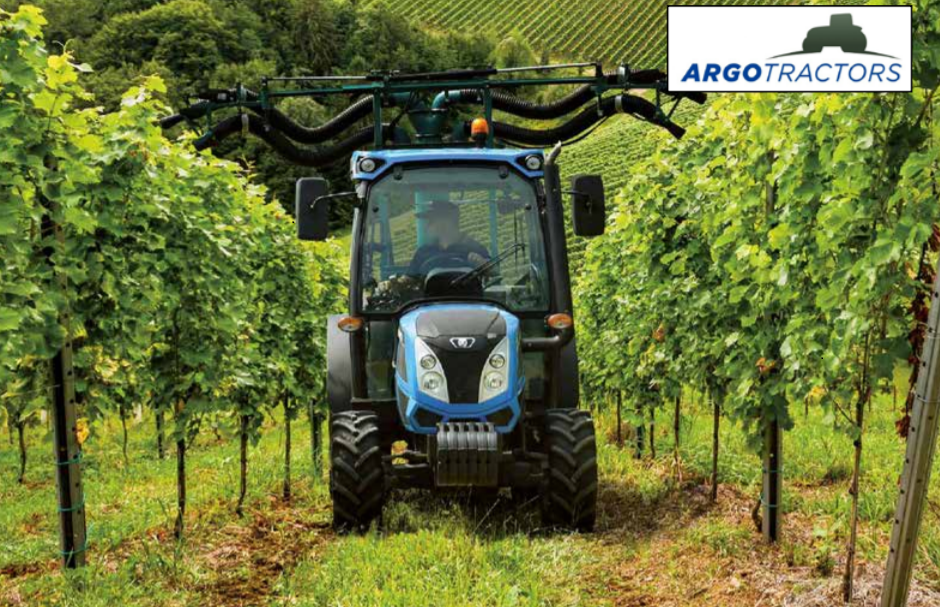
The constant demand for enhanced engine performance has resulted in a significant increase in heat fluxes through vehicle cooling systems, pushing their design capabilities to the limit. This challenge is particularly pronounced in agricultural vehicles, especially specialty tractors, where the compact hood design exacerbates the cooling issue. Specialty tractors, such as those used in vineyards and orchards, operate under conditions that further strain the cooling system: they move at low speeds, function at higher operating temperatures, and often work in dirty environments. These factors collectively impede cooling performance and pose significant engineering challenges.
In this detailed technical article, we delve into a computational fluid dynamics (CFD) study that examines various design configurations for four distinct specialty tractors. The study includes two brands of specialty tractors configured for vineyard use and two brands designed for orchard operations. Through this CFD analysis, several critical aspects were evaluated. These included the distribution of heat flow rates through the hood openings, the airflow over the cooling packs and their efficiency in heat dissipation, and the temperature and airflow patterns in the underhood area and over the cabin.
The primary objective of the analysis was to enhance the overall cooling performance and ensure better operator comfort and safety. By scrutinizing the heat flow and temperature distribution, the study aimed to identify both the strengths and weaknesses of the initial designs. Furthermore, it assessed the impact of subsequent design modifications. The insights gained from this comprehensive evaluation allowed for significant improvements in thermal management. Importantly, these enhancements were achieved prior to the physical prototype testing phase, thereby accelerating the design process and leading to substantial time and cost savings.
The CFD study revealed several critical findings. For instance, it highlighted areas where the original cooling system designs were inadequate and pinpointed specific modifications that led to marked improvements in thermal efficiency. These findings are crucial as they provide a roadmap for optimizing cooling systems in future tractor models, ensuring they can operate efficiently even under the demanding conditions typical of agricultural environments.
For a more in-depth understanding of this study and its findings, you can access the full case study here: https://enginsoftusa.com/pdfs/CFD-Analysis-Case-Study-Argo-Tractors.pdf. This comprehensive document offers a detailed account of the methodologies employed, the results obtained, and the implications for future tractor design and thermal management strategies.
